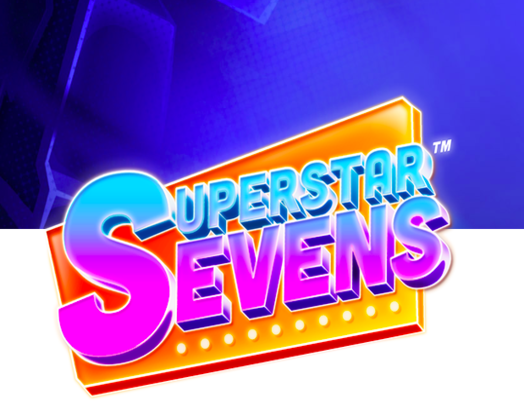Tighter Rules Challenge Betting Industry
A new bill in Brazil seeks to tighten restrictions on gambling, less than a year after the country’s regulated betting market came into force. Senator Humberto Costa introduced PL 3,754/2025 this week, a proposal that would raise the legal gambling age to 21 and impose sweeping advertising and sponsorship bans.
The legislation also sets a hard cap on individual betting. Under the bill, players would not be allowed to wager more than one monthly minimum wage, currently BRL1,518 ($276), across all licensed operators.
| Key | Detail |
|---|---|
| Bill | PL 3,754/2025 (amends Law 14,790/2023) |
| Sponsor | Senator Humberto Costa |
| Legal Age | Raised to 21 |
| Monthly Betting Cap | Up to one monthly minimum wage: BRL 1,518 (≈ US$276) per player across all licensed operators |
| Advertising Watershed | Ads allowed only 10:00 p.m.–6:00 a.m. on radio, TV, and internet video platforms |
| Sponsorships | Ban on gambling sponsorships/brand displays at public sporting, cultural, artistic, and festival events |
| Education Marketing | Explicit ban in schools and universities; advertising to under-21s prohibited |
| Status | Awaiting dispatch in the Senate |
| If Enacted | Measures take effect 90 days after publication |
| Market Context | Brazil’s licensed betting market live since 1 January 2025 |
| Tax Environment | Provisional GGR tax increased from 12% to 18%; Congress vote due by 9 October on permanence |
| Industry View | Risk of overregulation pushing players to the black market; emphasis on improving channelisation |
Advertising and Sponsorship Ban
“This project is not just a piece of legislation; it’s a wake-up call against a true social epidemic, which affects, above all, our young people, the most vulnerable,” Costa said during a Senate speech. Costa’s proposal comes as Brazil’s gambling sector, regulated only since January, faces mounting scrutiny. The government has already raised the tax rate on operators’ gross gaming revenue from 12% to 18% on a provisional basis, with Congress due to decide in October whether the increase will become permanent.
The Senate has separately approved new advertising restrictions, including a watershed similar to Costa’s proposal, while Finance Minister Fernando Haddad has publicly stated he would support a full ban on gambling if such a measure reached the Chamber of Deputies. Costa reinforced that view, arguing that regulated betting generates social costs far greater than its tax benefits. “Not a single cent of the meagre tax these companies collect compensates for the enormous social harm they cause,” he said.
Betting has become one of the biggest tools of emotional and financial manipulation of our time.
Industry Pushback
Operators and trade groups warn that escalating restrictions could undermine the regulated market and unintentionally drive players to the black market. Fernando Vieira, executive director of the Brazilian Institute of Responsible Gaming, has argued that operators’ sustainability depends on improving “channelisation”—the share of consumers choosing licensed platforms over illegal alternatives.
“The only way operators will be sustainable in Brazil is to increase the channelisation level and, for that, the fight against the illicit market becomes even more important,” Vieira said earlier this year. PL 3,754/2025 is awaiting dispatch. If enacted, its measures would take effect 90 days after publication. The bill highlights a growing divide in Brazil between policymakers seeking tougher safeguards and an industry that fears overregulation could jeopardize the viability of the legal market.









